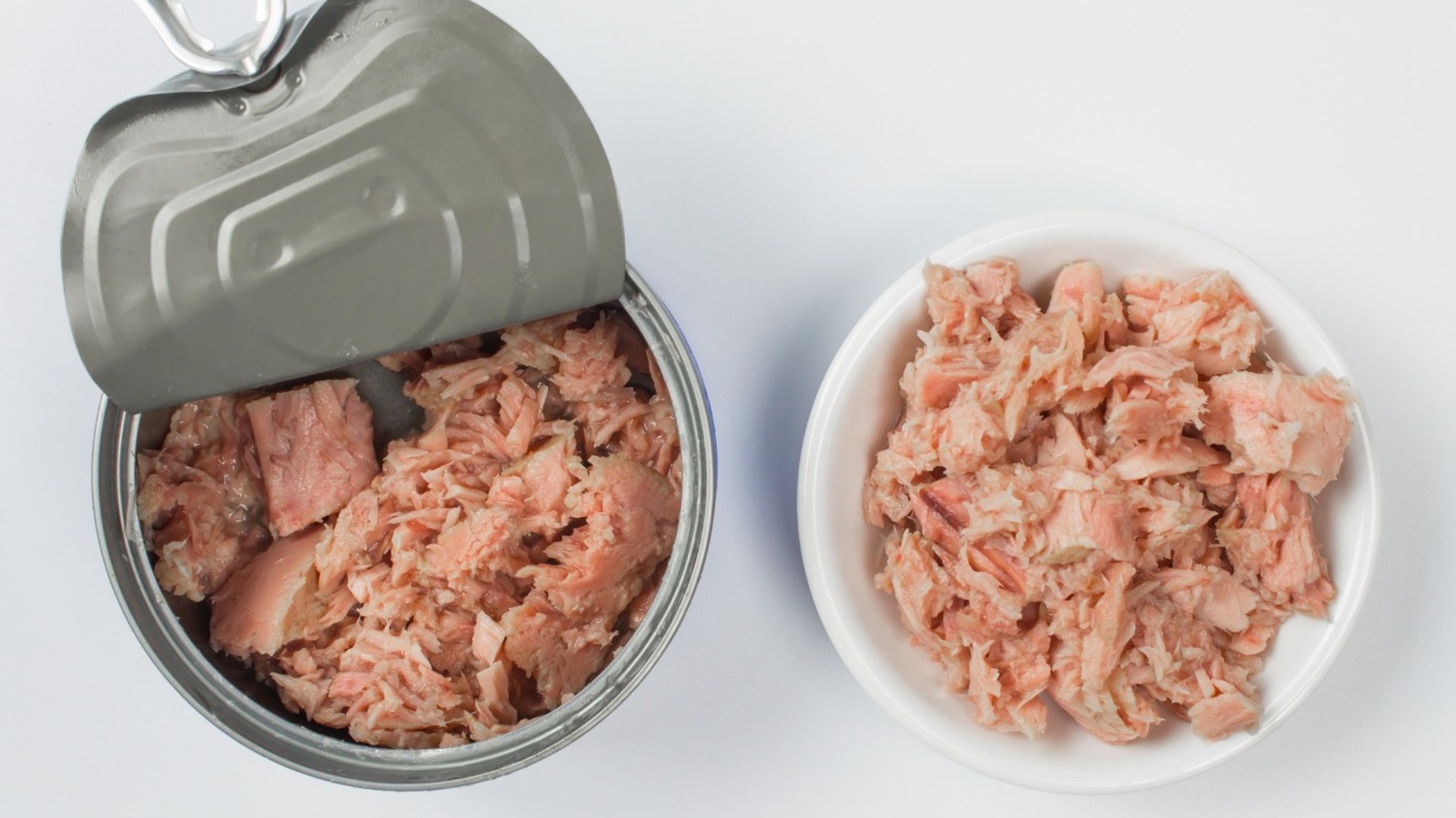All tuna is good tuna, in moderation. In terms of mercury levels, there is no significant difference between tuna in oil and tuna in water (via Environmental Research). The most important factor appears to be type, with albacore (or albacore) tuna showing significantly more total mercury than light (or skipjack) versions of tuna.
While there are definite differences between tuna in oil and tuna in water, choosing the best depends on what matters most to you and how you’ll be using that can of tuna. If you’re counting calories and maximizing omega-3 fatty acids, then tuna in water might be a great choice. On the other hand, if moisture, flavor, and vitamin D levels are your goal, then tuna packed in olive oil might be better.
Whichever tuna you choose, it’s important not to go overboard with this mild-flavored fish. Due to its high sodium content and potentially high levels of mercury, keep your tuna intake below the maximum. That should be no more than one to three 4-ounce servings (per week), depending on the type of tuna you enjoy.
